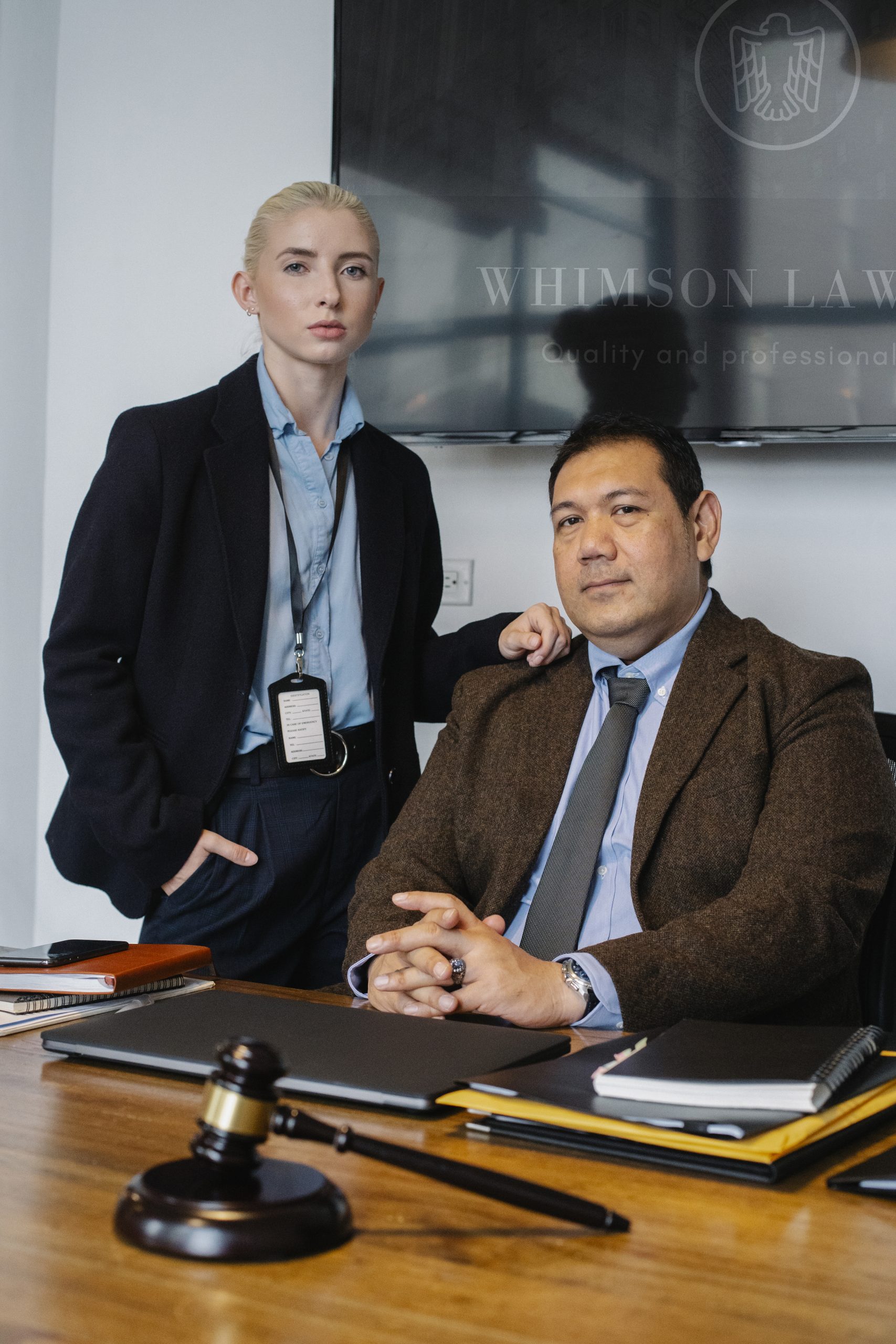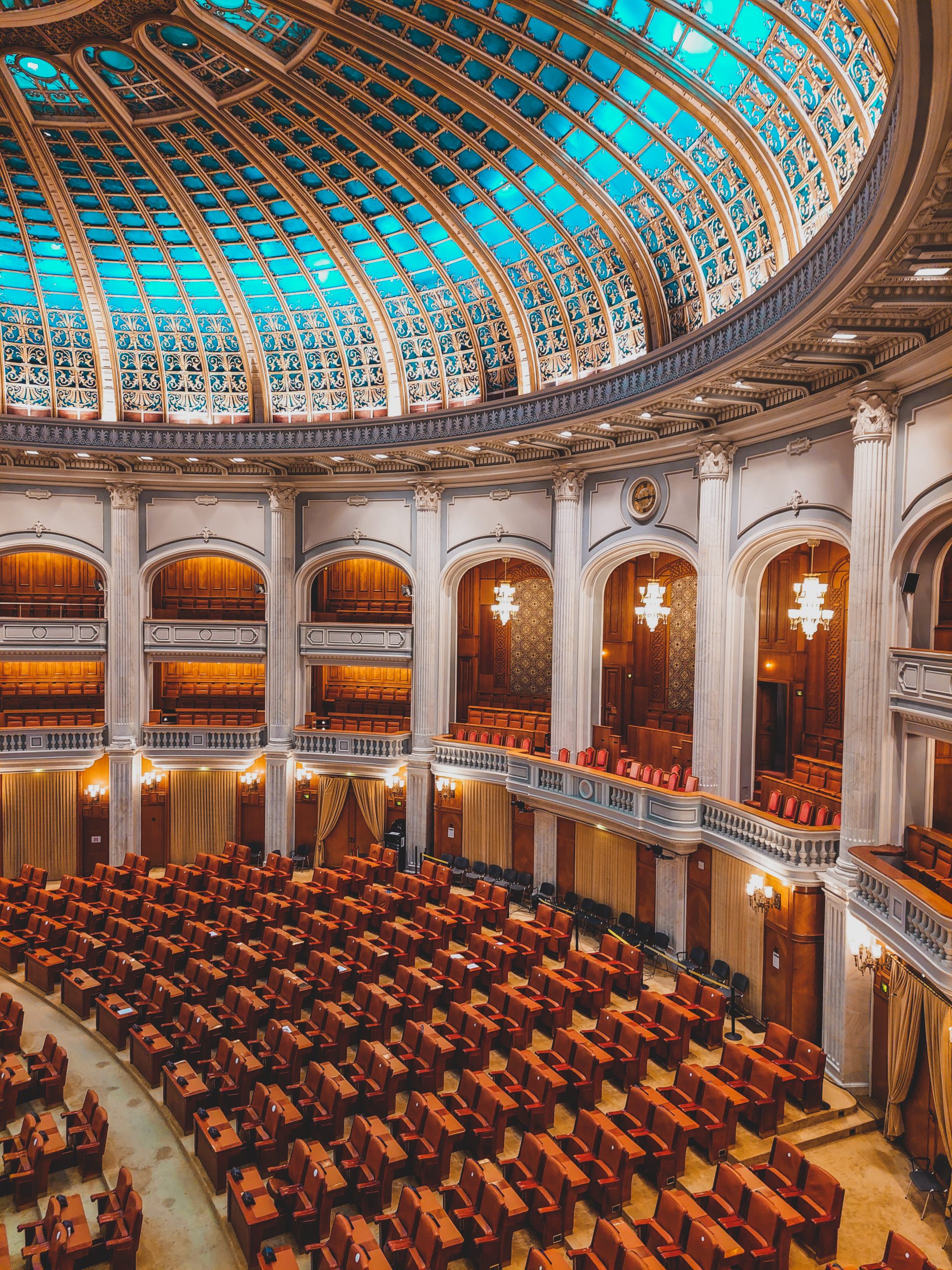Liquor laws in any state can be complex and confusing, but when it comes to Utah, they take on a whole new level of intricacy. As a business owner or individual looking to navigate the regulations surrounding alcohol in the state, it is crucial to have a clear understanding of the unique laws in place. This article aims to provide you with comprehensive insights into the liquor laws in Utah, empowering you to make informed decisions and ensuring that you comply with all necessary regulations. By gaining a thorough understanding of these laws, you can navigate the intricacies of Utah’s alcohol regulations with confidence and avoid any legal pitfalls that may arise. So, let’s explore the nuances of liquor laws in Utah together and equip you with the knowledge you need to thrive in this industry.

Overview of Liquor Laws in Utah
Utah is known for its unique and stringent liquor laws, which often puzzle both residents and visitors. These laws have a long history in the state and are still enforced today, shaping the way alcohol is sold, served, and consumed. Understanding these liquor laws is essential for business owners, event organizers, and anyone looking to navigate the alcohol regulations in Utah.
The Unique Nature of Liquor Laws in Utah
Liquor laws in Utah have often been a subject of debate and controversy due to their distinctive nature compared to other states in the United States. One of the key elements that sets Utah apart is its focus on minimizing alcohol consumption and promoting responsible drinking. The intention behind these laws is to maintain public order and protect the health and safety of individuals.
History of Liquor Laws in Utah
The history of liquor laws in Utah can be traced back to the arrival of Mormon pioneers in the mid-19th century. Strong religious beliefs and their commitment to temperance heavily influenced the development of Utah’s alcohol regulations. The state’s initial foray into regulating alcohol began in 1873 with the formation of the Utah Temperance Society, followed by the passage of a statewide prohibition in 1917. Although prohibition was repealed in 1933, Utah continued to implement strict controls on alcohol sales and consumption.
Current Liquor Laws and Regulations
Currently, the Utah Department of Alcoholic Beverage Control (DABC) is responsible for regulating the sale, distribution, and consumption of alcohol in the state. The DABC oversees the issuance of various liquor licenses, enforcement of liquor laws, and the establishment of guidelines for responsible alcohol service. These laws and regulations cover a wide range of topics, including liquor license types, requirements for obtaining a license, alcohol sales and service, labeling and advertising regulations, special events and permits, penalties, and enforcement.
Types of Liquor Licenses
-
Restaurant License: A restaurant license allows for the sale of beer, wine, and spirits to be consumed on the premises of a restaurant. This type of license is primarily intended for establishments whose primary business is the sale of food.
-
Bar License: A bar license permits the sale of alcoholic beverages for on-premise consumption without the requirement of food service. Bars typically focus on the sale of alcoholic beverages rather than food.
-
Tavern License: Similar to a bar license, a tavern license allows for the sale of alcoholic beverages for on-premise consumption. However, taverns have additional restrictions on serving food, limiting it to only snacks and appetizers.
-
Package Agency License: A package agency license allows for the sale of packaged beer, wine, and spirits for off-premise consumption. These licenses are typically issued to grocery stores, convenience stores, and other retail establishments.
-
On-Premise Event License: An on-premise event license allows for the temporary sale and service of alcohol at specific events or venues. These licenses are often obtained for special occasions, such as weddings, corporate events, or fundraisers.
-
Off-Premise Event License: An off-premise event license permits the temporary sale and service of alcohol at specific events or venues, but only for off-premise consumption. This license is commonly used for events where attendees can purchase alcohol to take home but cannot consume it on-site.
Requirements for Obtaining a Liquor License
-
Age Restrictions: To obtain a liquor license in Utah, individuals must be at least 21 years old. Additionally, all employees involved in the sale or service of alcohol must also meet the legal drinking age requirement.
-
Criminal Record Checks: Applicants for a liquor license are subject to criminal record checks to ensure they meet the state’s requirements. These background checks help identify any past criminal activities that may disqualify an individual from obtaining a license.
-
Financial Requirements: Financial considerations, such as payment of application fees and bond requirements, are necessary when applying for a liquor license. The fees vary depending on the license type and are non-refundable.
-
Compliance with Zoning Laws: Liquor license applicants must comply with zoning and land use regulations established by local authorities. This ensures that the proposed location for the licensed establishment meets all applicable zoning requirements and is suitable for the sale and service of alcohol.

Alcohol Sales and Service
-
Hours of Sale: Utah sets specific hours during which alcohol can be sold. Generally, alcohol can be sold in on-premise establishments from 10:00 AM to 1:00 AM the following day, Monday through Saturday. On Sundays, sales are permitted from 11:30 AM to 1:00 AM the next day. Off-premise establishments have slightly different hours, with sales allowed from 11:00 AM to 10:00 PM, Monday through Saturday.
-
Responsible Service of Alcohol: Utah’s liquor laws emphasize responsible alcohol service. This includes training requirements for employees involved in the sale or service of alcohol, such as obtaining an Alcohol Server Education Certificate. These education programs aim to prevent underage drinking and promote responsible consumption.
-
Underage Drinking: Utah has a strict stance on underage drinking. It is illegal for anyone under the age of 21 to possess or consume alcoholic beverages, and establishments selling or serving alcohol are required to verify the age of customers through valid identification.
-
Overservice and Liability Laws: Utah holds establishments responsible for overserving customers who are visibly intoxicated. Overservice is prohibited, and businesses can face legal consequences if they continue to serve alcohol to intoxicated individuals who may pose a risk to themselves or others.
-
Delivery of Alcohol: Utah permits the delivery of alcohol from licensed establishments, but strict guidelines must be followed. Delivery drivers must be at least 21 years old, and deliveries can only be made to individuals who are at least 21 and able to provide age verification.
Labeling and Advertising Regulations
-
Mandatory Labeling Requirements: Utah has specific labeling requirements for alcoholic beverages. Labels must include accurate information about the product’s alcoholic content, producer/distiller, origin, and health warnings related to alcohol consumption.
-
Restrictions on Alcohol Advertising: Utah imposes restrictions on alcohol advertising to prevent excessive promotion and the appeal of alcohol to minors. Advertising must comply with guidelines provided by the DABC, and certain types of advertising, such as billboards and television commercials, are subject to additional restrictions.
-
Prohibited Marketing Practices: Certain marketing practices, such as promoting excessive drinking or targeting underage individuals, are strictly prohibited in Utah. This includes promotional activities that encourage overconsumption, misleading claims about health benefits, or advertisements aimed at individuals under the legal drinking age.

Special Events and Permits
-
Liquor Permits for Special Events: Special event liquor permits are required for events where alcohol will be served to attendees. These permits are typically obtained by event organizers and allow for the temporary sale and service of alcohol within the designated event area.
-
Catering Permits: Catering permits are necessary for businesses providing catering services that include the sale and service of alcohol. These permits allow caterers to offer alcoholic beverages to clients as part of their event catering packages.
-
Private Club Permits: Private club permits are issued to private clubs or organizations that wish to sell and serve alcohol to their members. These permits require adherence to additional regulations and restrictions to ensure the responsible and lawful provision of alcohol.
Penalties and Enforcement
-
Violation Penalties: Violating Utah’s liquor laws can result in severe penalties, including fines, license suspension, or revocation. Penalties may vary depending on the nature and severity of the violation.
-
Enforcement Authorities: Enforcement of liquor laws in Utah primarily falls under the jurisdiction of the DABC, local law enforcement agencies, and the Utah State Bureau of Investigation. These agencies collaborate to ensure compliance and investigate any potential violations.
-
Administrative Hearings: Administrative hearings may be held to address alleged violations of liquor laws. During these hearings, evidence and witness testimony are presented, and a decision is made regarding any penalties or corrective actions that need to be taken.
-
License Suspensions and Revocations: In cases of serious or repeated violations, liquor licenses can be suspended or revoked. This may result in a temporary or permanent cessation of alcohol sales and service for the establishment, impacting its ability to operate profitably.
Legal Consultation and Representation Services
-
Benefits of Hiring a Business Lawyer: When dealing with liquor laws in Utah, it is advisable to seek legal consultation and representation from an experienced business lawyer. A knowledgeable attorney can provide valuable guidance, advice, and representation throughout the licensing process and help navigate any legal issues that may arise.
-
Expertise in Liquor Laws: A business lawyer specializing in liquor laws has an in-depth understanding of the complex regulations, licensing requirements, and compliance obligations specific to Utah. Their expertise can assist in avoiding legal pitfalls and ensuring full compliance with all applicable laws.
-
Compliance Assistance and Advice: A business lawyer can provide comprehensive compliance assistance and advice to businesses in the alcohol industry. They can help review business practices, policies, and procedures to ensure they align with all relevant liquor laws, minimizing the risk of penalties or enforcement actions.
Steps to Take When Facing Liquor Law Issues
-
Contacting a Business Lawyer: If you find yourself facing liquor law issues, it is crucial to reach out to a business lawyer with experience in Utah’s alcohol regulations. They can assess your situation and provide appropriate legal advice tailored to your specific needs.
-
Gather Necessary Documents: To effectively address your liquor law issues, gather all relevant documents and information related to your case. This may include license applications, correspondence with regulatory agencies, violation notices, or any other documentation pertinent to your situation.
-
Preparing for Legal Proceedings: If legal proceedings are required, your business lawyer will help you prepare your case or defense. This may involve gathering evidence, identifying witnesses, and crafting legal arguments to protect your interests.
-
Negotiating Settlements or Plea Agreements: In some cases, it may be possible to negotiate settlements or plea agreements that help resolve liquor law issues. Your business lawyer can represent your interests during these negotiations and strive for the best possible outcome.
Frequently Asked Questions
-
Can I buy liquor at a grocery store in Utah? Yes, you can purchase packaged beer, wine, and spirits at designated grocery stores in Utah. However, it is important to note that these sales are subject to specific regulations and hours of operation.
-
What restrictions are there on selling alcohol to minors? In Utah, it is illegal to sell or provide alcoholic beverages to individuals under the age of 21. Establishments must verify the age of customers through valid identification and refuse service to anyone who is underage.
-
Can I bring my own alcohol to a restaurant? Generally, bringing your own alcohol to a restaurant in Utah is not permitted. Restaurants are licensed to sell and serve alcohol on their premises, and customers are expected to purchase and consume alcohol provided by the establishment.
-
What are the consequences of overserving a customer? Overserving a customer who is visibly intoxicated can lead to legal consequences for establishments in Utah. They may face penalties, such as fines, suspension, or revocation of their liquor license, as well as potential liability for any harm caused by the intoxicated individual.
-
Can I sell alcohol at a private event without a license? In Utah, a liquor license is required for the sale and service of alcohol, even at private events. Special event permits can be obtained for temporary alcohol service, but licenses or permits are necessary to ensure legal compliance.